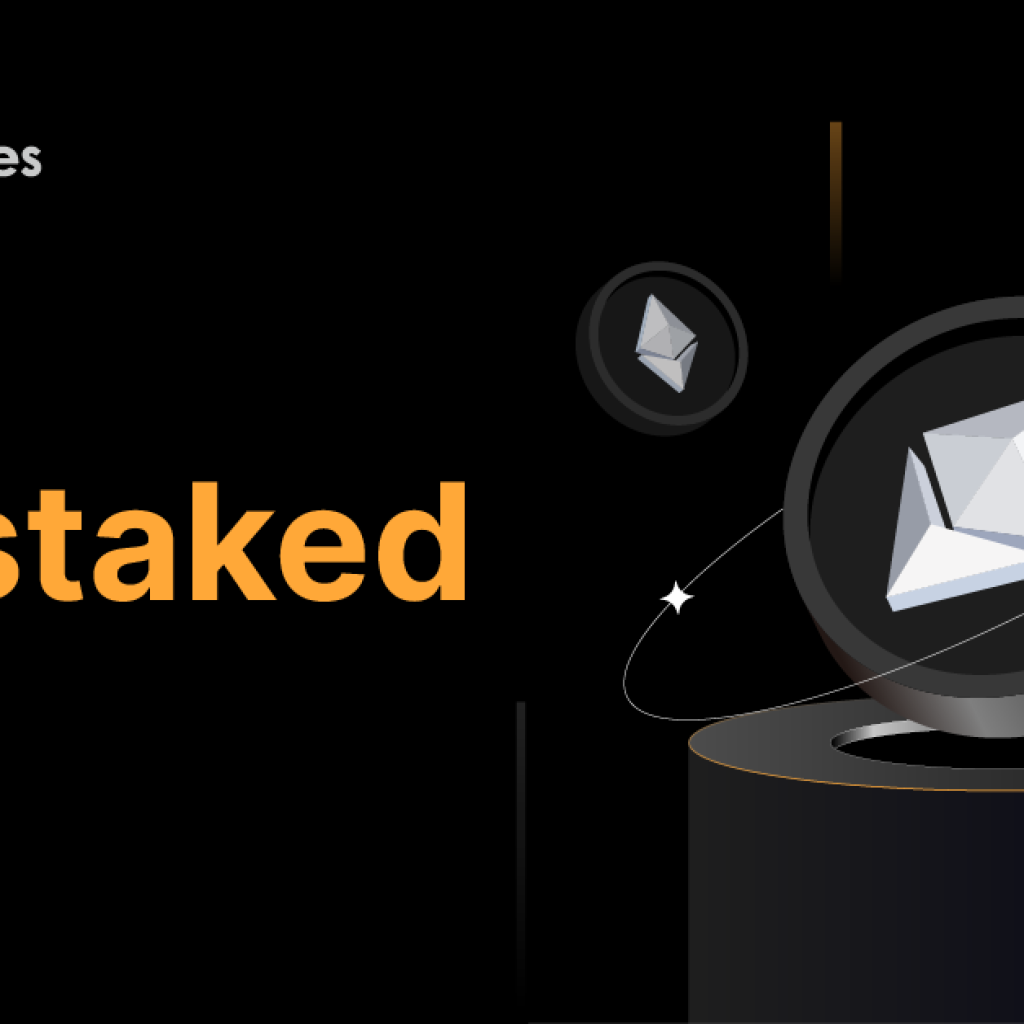
HodlX Guest Post Submit Your Post
We are going through one of the worst economic instabilities, and it’s about to get worse. With governments struggling to keep their economies afloat, spending cuts are an unfortunate yet understandable reality.
While public spending and private investments have been reduced across several sectors, scientific research has seen rather shocking declines.
In the UK alone, government funding for research and development was cut by nearly 50% last year. In Europe, over $100 million in scientific funding has been suspended since the Russia-Ukraine conflict started earlier this year.
In addition to government grants and funding, private investment in scientific projects is also declining substantially. As VCs and angel investors are becoming more rigid and constrained, securing investments for scientific research is now significantly challenging.
So, how can scientists and projects scope out effective funding opportunities to support their research in this rather challenging landscape? Blockchain might hold the ultimate answer.
Introducing DeSci ecentralized science
DeSci is an innovative blockchain use case that establishes a public infrastructure for creating, crediting, distributing, funding, reviewing and storing scientific knowledge transparently and equally. It is a decentralized ecosystem where scientists and researchers are incentivized to share their knowledge and research with the broader public.
DeSci is established based on the fundamental concept that scientific knowledge should be available and accessible to anyone. DeSci serves two distinct functions.
Firstly, it makes the research process transparent and makes the research information publicly accessible so everyone can benefit from it. Secondly, it directly connects scientists and researchers with innovative investors without requiring a centralized intermediary.
Funding has been the biggest challenge for scientific research in the 21st century. Several transformative projects have fallen in the past two decades due to insufficient funding or lack of investments.
In 2021, for example, revolutionary research on the application of AI in treating maternal health was shut down in Brazil due to the government backtracking from its initial $106 million funding. Similarly, several critical climate change research initiatives have been canceled in Canada in the past two years.
Blockchain technology has a unique potential to solve this problem by unlocking new streams of investments for such projects and creating a sustainable next-gen ecosystem of decentralized science.
How can DeSci solve the funding crisis
Traditionally, the majority of scientific funds are attained from centralized entities, whether in the form of government grants, VC funds or enterprise investments. In fact, nearly 75% of all scientific research is funded by government funds.
DeSci utilizes blockchain technology to open up a wide range of diversified funding sources, including DAOs, crowdfunding and quadratic donations.
Using autonomous decentralized applications, scientists can collaborate to fund their projects. They can potentially monetize research rights and contributions through NFTs and add more sustainable values to the wider scientific communities.
Most importantly, DeSci revolutionizes the crowdfunding concept for scientific research. Crowdfunding has brought significant benefits to startups and new businesses over the years.
However, it hasn’t been fully utilized in science and research, as public knowledge about scientific projects is often limited, and such projects are often too complex to gain the wider public’s attention.
Using mechanisms such as DAOs and quadratic donations, scientists can match projects with like-minded individuals and provide them with governance rights in exchange for their funds and contributions. This creates a more equitable and beneficial ecosystem for crowdfunding.
The decentralized model can support more time and cost-effective research initiatives. On average, scientists and researchers spend 50% of their time writing proposals and grant applications for funding.
On top of that, a large part of the profits driven from these research projects is accumulated by third-party intermediaries such as publications or distributors. DeSci eliminates these intermediaries, and scientific discoveries are distributed publicly through scalable tokenomics.
The obstacles and limitations of DeSci
On paper, decentralized science is intriguing, but several concerns and limitations restrict its application and adoption. DeSci suffers from the same problem it tries to fix a lack of investors. As the concept is integrated with blockchain technology, its initial investors will likely be those from the crypto industry.
Cryptocurrency investment and trading is the biggest use case of blockchain to date, so most investments in any new blockchain project will come from this niche.
This will significantly limit the investment outreach for DeSci, as the capitalization of the entire crypto market is lower than that of traditional tech enterprises like Apple and Amazon. Therefore, it will be challenging for such projects to raise enough capital or investments to gain notable traction.
To address this issue, the decentralized science movement needs big professional players. Some recent DeSci projects have attracted significant investors and affiliates, such as the Univesity of Copenhagen, BreyerCapital and Scheibye-Knudsen Lab.
However, emerging projects will need to attack more big-name investors to influence the wider adoption of decentralized science.
There are also the more evident ethical challenges. Such projects have to be decentralized, but affiliating or partnering with big investment firms can ruin the principles of decentralization. Therefore, emerging projects must take caution when forming partnerships and seeking investments.
Lastly, there is also the concern of trust and credibility. With any centralized governing entity, DeSci platforms will require transparent self-regulation.
As they have an effective and credible governance model, they can attract sufficient users or professionals.
In conclusion, DeSci platforms provide an innovative model to solve the global funding crisis of scientific research and facilitate transformative innovation through the equitable distribution of scientific knowledge. However, the challenges of sufficient investments and regulations continue to shadow this new industry.
New iterations of DeSci and more robust frameworks can solve these issues in the future and pave the way for a new generation of science and research.
Dimitry Mihaylov is an associate professor at the National University of Singapore, contract expert at the United Nations and chief scientific officer at Farcana.
Follow Us on Twitter Facebook Telegram

Disclaimer: Opinions expressed at The Daily Hodl are not investment advice. Investors should do their due diligence before making any high-risk investments in Bitcoin, cryptocurrency or digital assets. Please be advised that your transfers and trades are at your own risk, and any loses you may incur are your responsibility. The Daily Hodl does not recommend the buying or selling of any cryptocurrencies or digital assets, nor is The Daily Hodl an investment advisor. Please note that The Daily Hodl participates in affiliate marketing.
Featured Image: Shutterstock/Digital Store/Nikelser Kate
The post Catastrophic Funding Cuts in Scientific Research – Can Blockchain Be the Solution? appeared first on The Daily Hodl.






